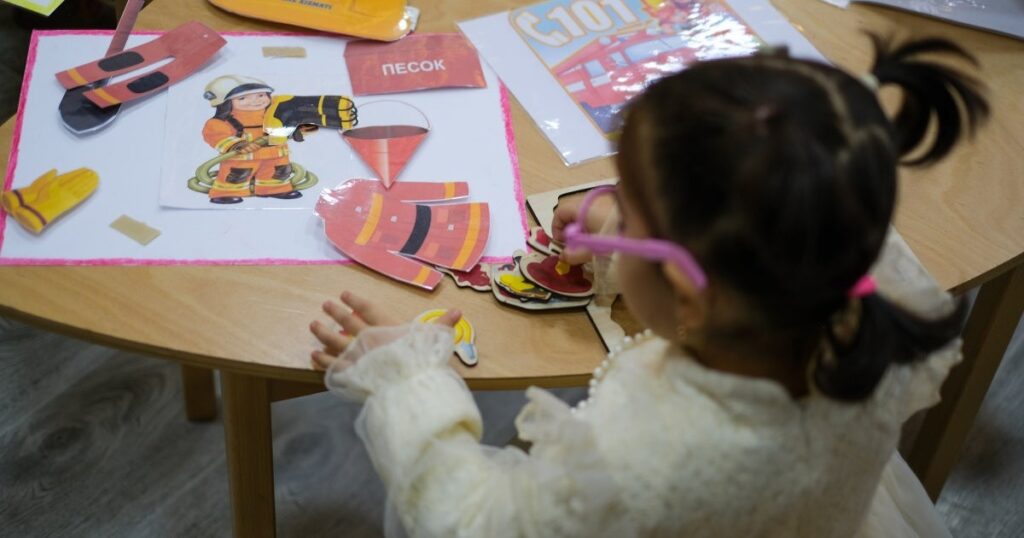This year, the UN's top human rights body in Geneva raised hopes for a new legal right to free education for all children, from pre-school to secondary school, raising the prospect of a major breakthrough. There are signs.
On March 20, the Dominican Republic, along with other countries including Luxembourg, Sierra Leone, Colombia, Panama, Nauru, and Romania, joined Human Rights Watch, Plan International, and Girls Not Brides to convene countries to the Human Rights Council. and will be discussed. New legal instruments are urgently needed. They will highlight the important intersection between free primary and secondary education and human rights, with a particular focus on the empowerment of girls and women.
Globally, nearly half of all children do not attend preschool, and only two in five children in low-income and lower-middle income countries participate in such programs. Additionally, only 45 percent of children completed secondary education in 2021. For too many children, the cost of primary and secondary education remains a major barrier to attending school. The global failure to universalize free access to the full cycle of education perpetuates poverty and inequality and impedes social progress and development.
However, many low- and middle-income countries have made significant strides in providing more free education. At least 110 countries around the world, including Kyrgyzstan, Madagascar, Nepal and Sierra Leone, have laws guaranteeing at least one year of free primary education and free secondary education.
However, international human rights law has not kept pace with this progress. For example, the United Nations Convention on the Rights of the Child., Convention on the Rights of the Child, It does not require states to immediately provide free secondary education in the same way as primary education, nor does it explicitly mention early childhood education. This contradiction has spurred growing global support for enshrining these rights in a new legal instrument, the fourth optional protocol to the Convention. As a result, new international laws may encourage further implementation of free education in countries where fees are still imposed.
It is imperative that other states come together to support this effort. Together, we can ensure that all children learn and reach their potential, laying the foundations for a more just and equitable future.


